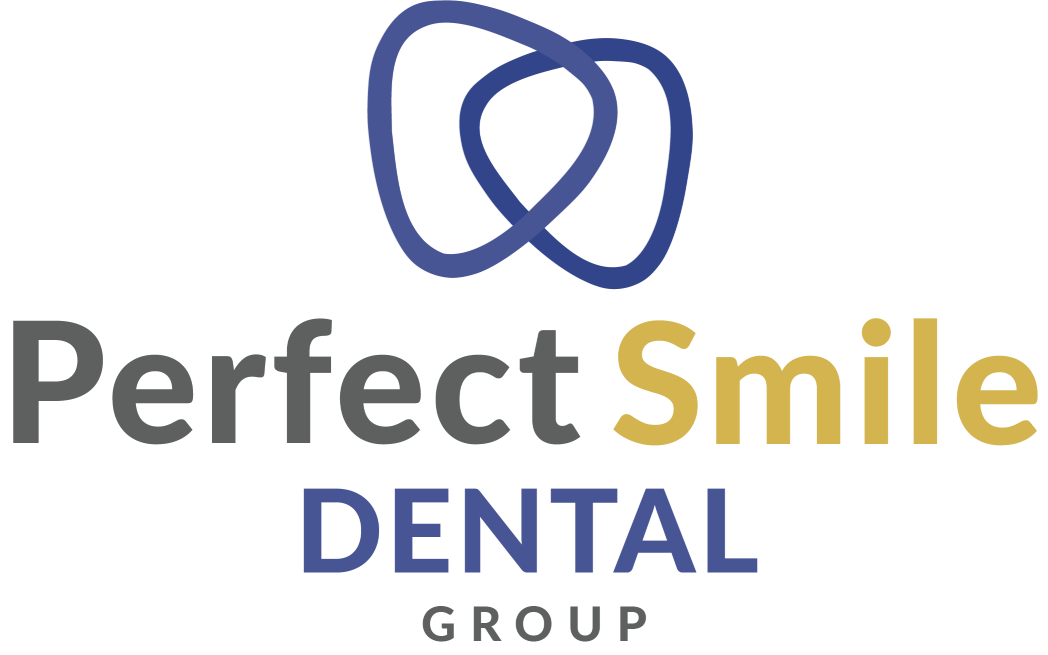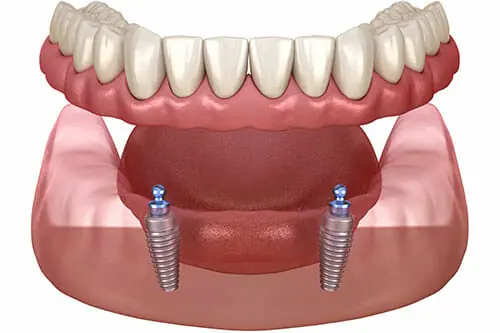Restorative dentistry focuses on diagnosing and treating oral health issues to restore the function and appearance of your teeth. But what is restorative dentistry exactly? It involves procedures that repair or replace damaged or missing teeth, ensuring you can maintain a healthy smile. Whether it's through dental implants, crowns, or fillings, restorative dentistry is essential …
Restorative dentistry focuses on diagnosing and treating oral health issues to restore the function and appearance of your teeth. But what is restorative dentistry exactly? It involves procedures that repair or replace damaged or missing teeth, ensuring you can maintain a healthy smile. Whether it’s through dental implants, crowns, or fillings, restorative dentistry is essential for maintaining oral health and enhancing your quality of life.
Restorative dentistry procedures aim to restore the natural function of teeth. This field encompasses a variety of treatments, including dental fillings, crowns, bridges, and dental implants. Each procedure is tailored to address specific issues, whether it’s to fix a cavity or replace a missing tooth.
Types of Restorative Dentistry
Each dental procedure in restorative dentistry is designed to address specific dental issues. There are several common restorative treatments available, including:
- Dental Fillings
- Crowns and Bridges
- Dental Implants
- Root Canals
- Dentures
Dental Fillings
A dental filling is a straightforward procedure where the dentist removes the decayed portion of a tooth and fills it with composite material. This process not only restores the tooth’s function but seals the tooth to prevent further decay.
Crowns and Bridges
Crowns are used when a natural tooth is damaged but not lost. The crown covers and protects the tooth, restoring its shape and function. A dental bridge, on the other hand, is used to fill a gap left by one or more missing teeth, helping to maintain the alignment of natural teeth.
 Dental Implants
Dental Implants
Dental implants are a popular choice for tooth replacement. The process involves placing a metal post into the jawbone, which acts as a root for the new tooth. Once the implant integrates with the bone, a crown is placed on top, resulting in a natural-looking and functional tooth.
Root Canals
A root canal is necessary when the inside of a tooth, known as the pulp, becomes infected. During this dental procedure, the infected pulp is removed, and the inside of the tooth is cleaned and sealed. This saves the natural tooth and alleviates pain.
Dentures
Complete or partial dentures replace missing teeth and surrounding tissue, offering an affordable option for tooth loss. Implant-supported dentures combine the stability of implants with the coverage of dentures, offering a secure fit.
Benefits of Restorative Dental Procedures
Dental restorative treatments offer numerous benefits, including:
- Improved Function: Restorative procedures fix your teeth so they work better. This means you can chomp on your favorite foods easily, and speak clearly without any problems.
- Enhanced Aesthetics: These treatments can make your teeth look nicer, like fixing chipped parts or gaps. When you have a smile you’re proud of, you might feel more confident to show it off!
- Preservation of Natural Teeth: Whenever possible, dentists will try to save your real teeth. Restorative treatments help them do this, so you can keep your natural chompers for as long as possible.
- Prevention of Further Decay: Taking care of small issues with fillings or crowns early on can prevent them from turning into bigger problems that need more work later. It’s like fixing a small leak in your roof before it becomes a big flood!
If you’re experiencing dental issues or want to enhance your smile, reach out to Perfect Smile Dental Group. Our expert team is ready to provide personalized care to restore your teeth and boost your confidence. Schedule an appointment today and take the first step towards a healthier mouth and a happier you.



 Dental Implants
Dental Implants